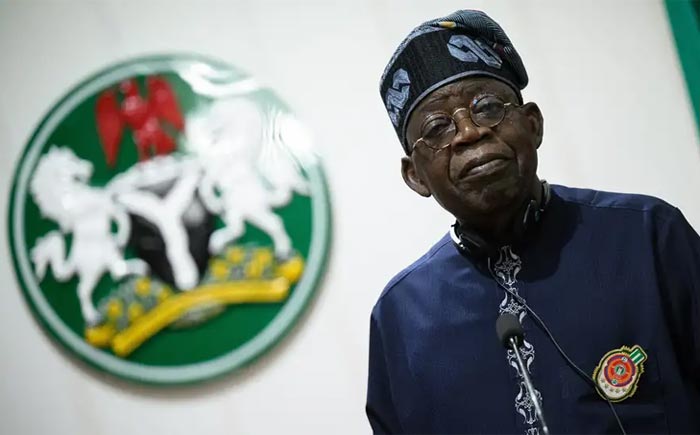
Nigeria, a country with over 250 ethnic groups, has a complex history of inter-tribal relations. The Igbo and Yoruba tribes are two of the country's major ethnic groups, and their interactions have been shaped by historical, cultural, and political factors. President Bola Tinubu, a Yoruba, has been at the center of discussions about tribal dynamics in Nigeria.
The Igbo and Yoruba tribes have a long history of interaction, with both groups playing significant roles in shaping Nigeria's cultural, economic, and political landscape. However, their relationship has not always been smooth, with historical events such as the Nigerian Civil War (1967-1970) leaving lasting impacts on inter-tribal dynamics.
Allegations have surfaced suggesting that President Tinubu favors the Igbo tribe. Some Yoruba elders claim he prioritizes Igbo interests over Yoruba and Hausa concerns. One claim alleges Tinubu's father had Igbo lineage, but verified information confirms Tinubu's Yoruba heritage. According to Africa Check, such claims are often based on unverified information and may not reflect the complexities of Nigerian politics.
The 2023 presidential election revealed mixed results in Yoruba-dominated states. Tinubu lost in Lagos and Osun but won in Ondo, Ogun, Oyo, and Ekiti. This outcome highlights the complexities of tribal affiliations and voting patterns in Nigeria. As reported by Africa Check, Tinubu's performance in these states suggests that tribal affiliations may not be the sole determining factor in voting decisions.
Tensions between Igbo and Yoruba groups are evident. Ohanaeze Ndigbo, the apex Igbo sociocultural organization, has responded to perceived inflammatory remarks against President Tinubu, demanding an apology and ₦10 trillion compensation over claims about the 1966 coup. This incident highlights the ongoing challenges in inter-tribal relations and the need for constructive dialogue.
President Tinubu's family ties with Igbo families may foster goodwill. His son appealed to Anambra residents to support his father, citing his marriage to an Igbo lady. Such personal relationships can help build bridges between different ethnic groups and promote understanding.
The relationship between Igbo and Yoruba tribes in Nigeria is complex, influenced by historical, cultural, and political factors. President Tinubu's leadership has sparked discussions about tribal dynamics, with varying perspectives on his policies and actions. Understanding these complexities can help promote unity and cooperation among Nigeria's diverse ethnic groups.
The dynamics of inter-tribal relations in Nigeria are multifaceted, with historical, cultural, and political factors playing significant roles. President Tinubu's leadership has highlighted the complexities of tribal affiliations and the need for constructive dialogue. By acknowledging Nigeria's diversity and promoting understanding, Nigerians can work towards building a more united and prosperous future.
✅ Africa Check: Nigerian president Bola Tinubu lost Lagos and Osun states in 2023 presidential election,
✅ Ohanaeze Ndigbo's statements on President Tinubu and the 1966 coup,
News reports on President Tinubu's family and Igbo relations,
✅ This article provides an overview of Igbo-Yoruba relations and President Tinubu's role. Further research and dialogue can help deepen understanding and promote unity among Nigeria's diverse ethnic groups.
www.pepperroom.com.ng
#pepperroomnews #pepperroomng #pepperroom
Lagos, Nigeria.
+234 913 161 4181
+234 803 961 8550
+234 802 321 3873
info@pepperroom.com.ng
© 2025 | 🌶️Pepper-Room - Everything Loud, Wild, and Worth Talking About. | All Rights Reserved.
Pepper-Room is not responsible for the content of external sites.